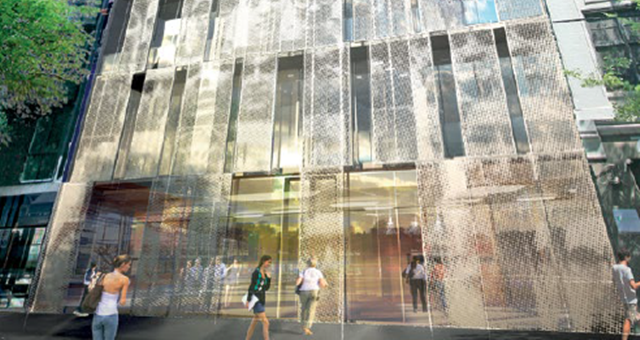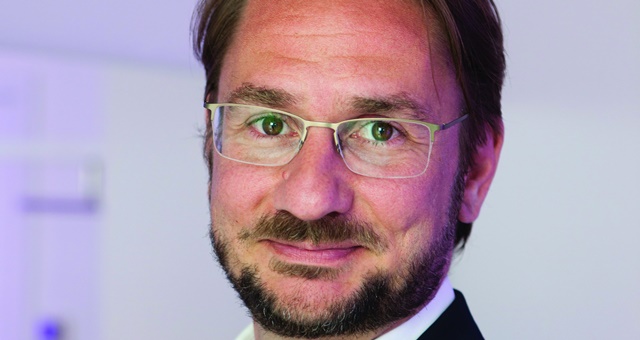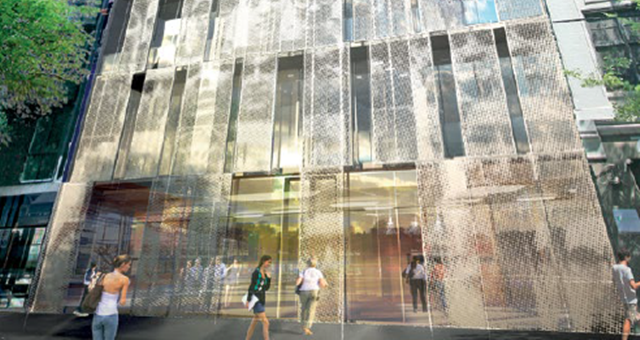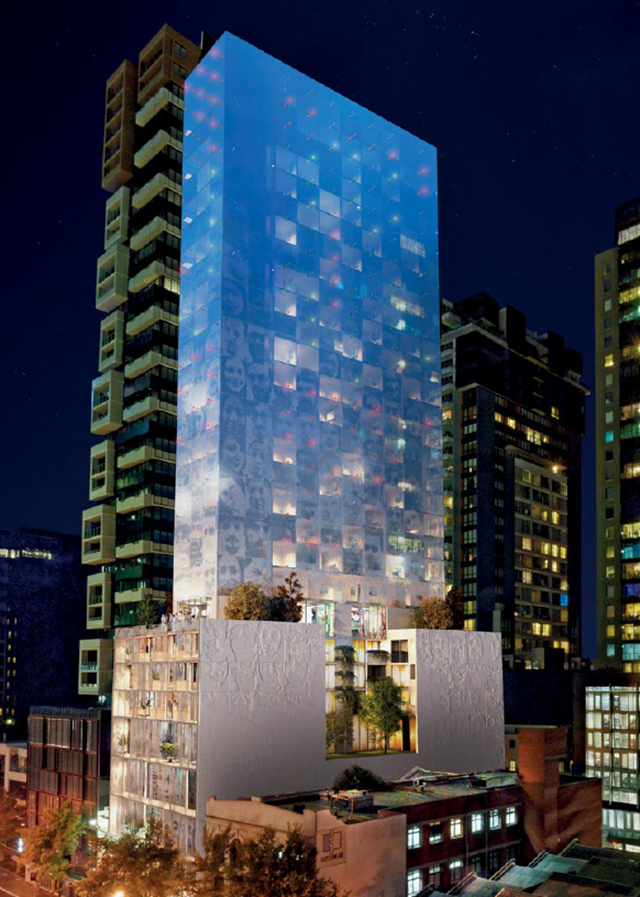
The dust has begun to settle on the recent announcement by smart-centric hotel brand YOTEL that it will enter the Australian market via a newbuild in Melbourne, expected to open in 2022.
HM sat down with YOTEL Chief Executive, Hubert Viriot, to dissect the company’s push into Australia.
What are your general feelings about finally entering the Australian market?
It’s not just another deal, it is a strategic move for us. Ever since I took over YOTEL four years ago, we’ve identified Australia as a potential market for our brand. There are many reasons for that, one of them is that we feel that whilst sophisticated, the local market has not really embraced yet the latest trends in the hospitality industry, and you don’t really see all of the new brands such as YOTEL in this market, and it’s time I think for us to be here.
Why did you choose Melbourne to start and what sort of expansion do you see happening in Australia, over what period of time?
We see firstly the two key markets for us, I suppose, are Melbourne and Sydney. These are very deep markets, very international, with also a very strong domestic demand. We see both these markets capable of holding more than one YOTEL each. So the priority right now is first we’re building Melbourne, and then our next priority would be to do the same in Sydney. We have an airport hotel concept, what we call YOTEL Air [and] we see both opportunities at the airports in Melbourne and Sydney.
We see potential opportunities at the airport in Perth, and we also looking at opportunities in Brisbane. So my objective would be, within the next three to four years, build a portfolio of at least five hotels in Australia. There’s no final end limit to how much we could do there, but it would be a very nice way to get started.
Have you identified a site in Sydney?
We’ve identified several, but to be frank, obviously if they were confirmed we would be announcing them now. They are not, but they are quite advanced. It’s a challenging one because in Sydney there are not that many sites available, especially for hotel development. That’s why we were able to unlock Melbourne first, and I’m quite hopeful we will unlock Sydney reasonably soon.
YOTEL seems a very futuristic, tech-savvy style property. Does this cover most demographics or are you focusing on business travellers and those more tech-minded?
It’s a very good question because when we started, we were very focused on the younger customer base, primarily millennials, independent, and not necessarily business savvy. That was the idea when we started with the concept. We thought that’s the natural target market for us. Then the reality hit us, because we realised when we opened our first city hotel in New York, and then more recently when we opened in Singapore there is a much deeper customer base for the brand values we represent and the product proposition that we have.
Do you see YOTEL exclusively as a capital city style brand? What are your thoughts on some of the emerging regional centres in Australia, such as Newcastle, Wollongong, Dandenong or Maroochydore, among others?
We’re focusing on the main gateway cities today, not just in Australia, but generally speaking, because we are in our initial phase of growth at YOTEL. We think it’s super important to be firstly and foremost implemented in those gateway cities, but it’s not an end game. We are aiming to develop YOTEL into a global brand and the idea then is, around those global cities, to grow into second-tier cities.
It’s important for us to enter Australia through the right doors and it’s very important that we’re perceived according to our brand values, and then we could export that concept across the country.
Is the YOTEL guest experience uniform across the entire network, or are you bringing any distinctly Australian flavours to the YOTEL in Melbourne?
Well, both, because in one hand we have a very specific principal at YOTEL, which is to be able to provide a great experience to our customers, at an affordable price, and we had to make certain decisions. One of them was – let’s just remove anything that guests don’t need.
When we think of our guest, our target customer, it’s somebody who is well-travelled, stays for two nights with us, will go out a lot and experience Sydney or Melbourne or wherever it is we are, and therefore require from the hotel only some essential luxuries – great bedding, great shower, lots of technology, areas to socialise, work and meet people and also a gym.
I think it’s important that each hotel has some sort of their own identity which matches the location we’re in. So we are a bit more creative there, and we work with local interior designers and potential operating partners to create a destination which is going to fit the local mood.

So in your mind, where does YOTEL sit in the competitive landscape? Which brands does YOTEL see as its main competition in Melbourne?
Generally speaking, our positioning is – we call it disruptive – because if you look at a YOTEL product, it’s basically competing both upstream and downstream. So if we look at the size of our cabins, as we call them, they are quite similar to midscale hotels – 18 square metres. But if you look at the fit-out, the technology, the level of luxury in our bedding, in our bathrooms and the amenities we provide, we’re much closer to upscale hotels. That’s the whole point. You bring an upscale experience, but at a much more affordable price because the size of the real estate is one of a midscale hotel.
What’s very interesting in Australia is so far, there are not so many local players in that segment, and I don’t see any. There are some very good hotels in Melbourne, don’t get me wrong, but in our segment, I think there are very few properties which are competing and I would have difficulty naming one, to be very frank.


